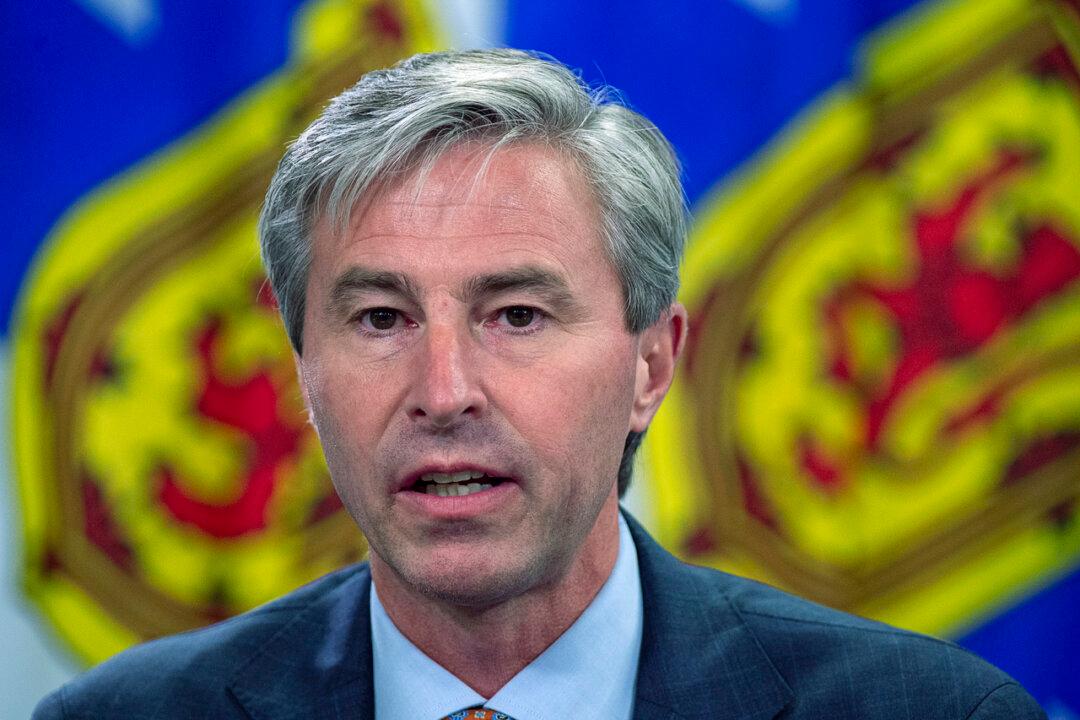The premier of Nova Scotia has joined the leaders of two other maritime provinces, along with those of Alberta, Manitoba, Saskatchewan, and Quebec to oppose the Emergencies Act invoked by the federal government.
Nova Scotia Premier Tim Houston banned blockades of provincial highways and roads on Jan. 28 and says the province doesn’t need the additional powers of the Emergencies Act. Nova Scotia also increased fines for blockades on Feb. 4 to between $3,000 to $10,000 for individuals and between $20,000 to $100,000 for corporations.





